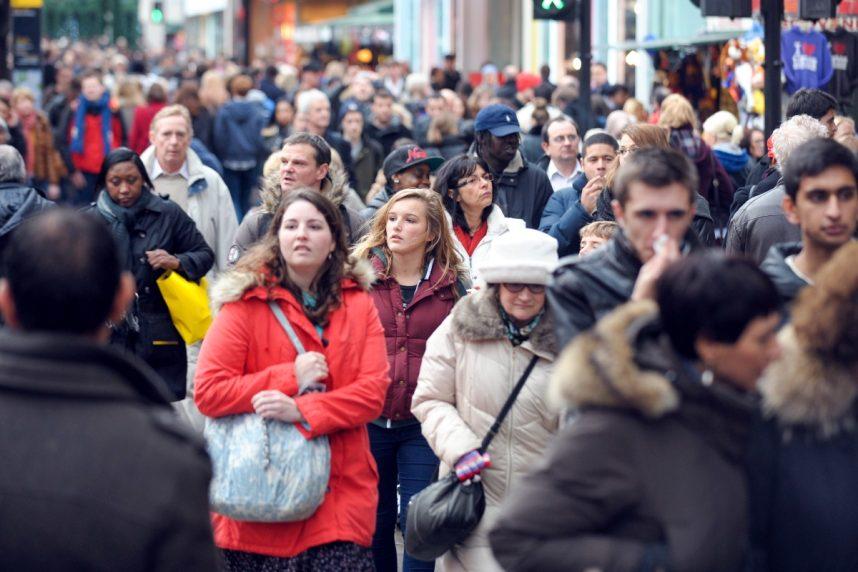UK Commission Says 1.4 Million Brits Have Gambling Problem

Posted on: October 3, 2025, 11:09h.
Last updated on: October 3, 2025, 11:22h.
- The UK’s annual Gambling Survey shines a light on problem gambling rates
- An estimated 1.4 million Brits are gambling irrationally
The UK Gambling Commission (UKGC) said new research commissioned on its behalf found that almost 3% of the country has a gambling problem.

The UKGC’s Gambling Survey for Great Britain, conducted by the National Center for Social Research and the University of Glasgow, polled 19,714 adults, the largest survey sample size in the annual survey’s history, to determine how gambling is impacting society.
The researchers found that almost half (48%) of adults aged 18 and up in Great Britain gambled within the past month. The participation rate declined to 28% when lottery purchases were eliminated.
The survey found that 2.7% of adults scored 8+ on the Problem Gambling Severity Index, a tool used to gauge gambling disorders in a clinical context. A score above 8 means a person’s gambling is causing various problems in their life.
Two-point-seven percent of the UK adult population equates to about 1.4 million people suffering from gambling addiction.
The purpose of the annual Gambling Survey is to help the UKGC identify where its regulatory focus and responsible gaming interventions should be directed.
Gambling Consequences
Gambling is widespread throughout the UK, with betting shops a longtime staple of high streets, and gambling on sports a part of life for many. The pastime, however, comes with significant consequences when someone loses control of their betting.
This year’s findings deepen our understanding of consequences from gambling and provide crucial insight into risk profiles among those who gamble most frequently. We strongly encourage operators to use this evidence to consider the risks within their own customer bases,” said Andrew Rhodes, chief executive of the Gambling Commission.
The UKGC continues to take steps to protect the public from the dangers of problem gambling.
In 2019, the maximum bet on a slot-like fixed-odds betting terminal (FOBT) was slashed from £100 to £2. Rhodes said the commission has also “reduced the intensity of all online games by banning auto-play and slowing game speed.” The UKGC has also tightened age verification rules in premises.
The UKGC has additionally mandated that gaming operators conduct “light-touch financial vulnerability checks” on patrons betting more than £150 a month. The checks, which require no action by the customer, have no impact on the customer’s credit score, but do a soft review of the individual’s financial standing through publicly available data.
The UKGC has also ordered gaming firms to stop the practice of requiring customers to gamble bonus and promotional funds a certain number of times before the credits can be withdrawn.
Severe Problem Gambling Stable
While the problem gambling rate in the UK didn’t decrease in 2024, it also didn’t grow. The 2.7% of adults battling a gambling problem was “statistically stable” from 2023, the UKGC report explained.
A Problem Gambling Severity Index score of above 8 is defined as “representing problem gambling by which a person will have experienced adverse consequences from gambling and may have lost control of their behavior. Involvement in gambling can be at any level, but it is likely to be heavy,” the PGCI website explains.
Source link




